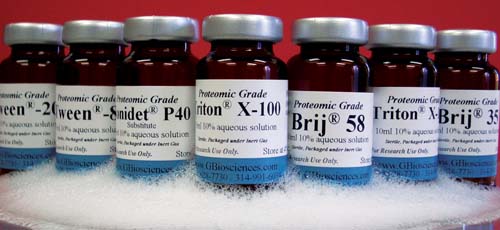Multiplex PCR is a technique used to amplify multiple target sequences in a single PCR reaction using multiple primer sets. Multiplex PCR was first reported by Chamberlain et al. in 1988. This method is used to detect deletions, polymorphisms, mutations, etc., This method is also used to detect different viral, bacterial and other pathogens in a single tube. This method consumes less time and effort in obtaining the results, but problems posed during multiplex PCR include poor sensitivity, specificity, and problems in amplification of some specific targets.
Topics: Molecular Biology
Best Methods to Stain Proteins After Protein Electrophoresis
Protein samples are analyzed by denaturing sodium dodecyl sulphate polyacrylamide gel electrophoresis (SDS-PAGE). Total protein lysates or protein samples from purification experiments are separated on 1D and 2D gels depending on their molecular weights and PI. Appropriate staining techniques are used to detect proteins on SDS-PAGE gels depending on the protein of interest, downstream experiments like Western blotting, mass spec analysis etc.,
Topics: Protein Electrophoresis
Dyes, Ions, or Fluorescent Stains: What Are the Best Ways to Visualize Protein In Gels?
While researchers use several ways to visualize their protein samples, there isn’t a single best approach that is ideal for all cases. Each visualization technique has its own unique advantages and limitations, and so may only be suitable for certain applications.
Topics: Protein Electrophoresis
Best Ways to Remove Detergents in Protein Samples
While detergents play a vital role in separating proteins from the hydrophobic portions of the cell membrane during extraction and sample preparation, they need to be removed after successfully serving their purpose to prevent them from interfering with downstream applications (e.g., IEF, ELISA, protease digestion of proteins).
Topics: Detergents







